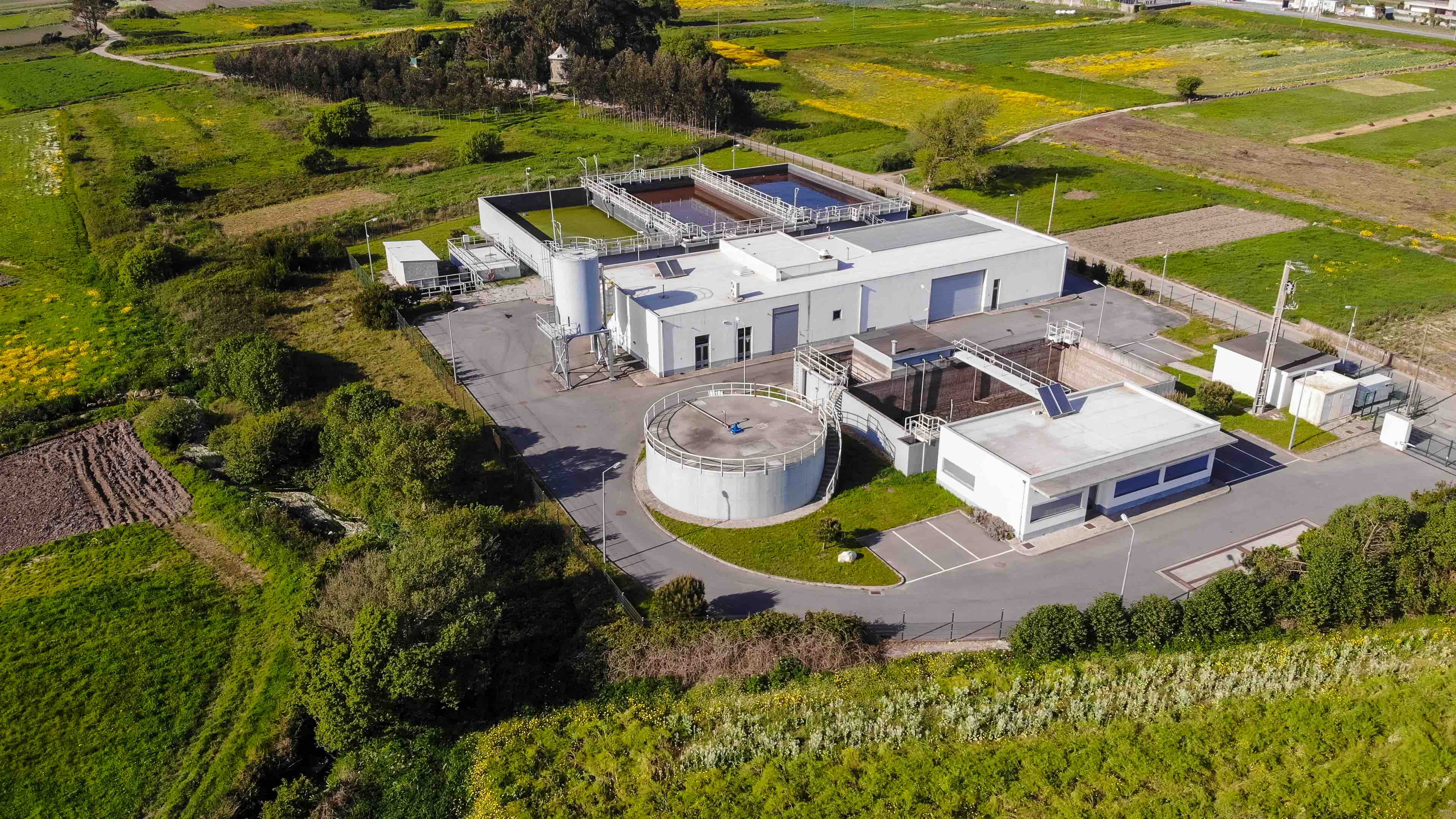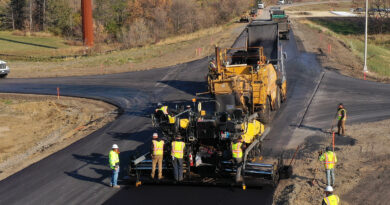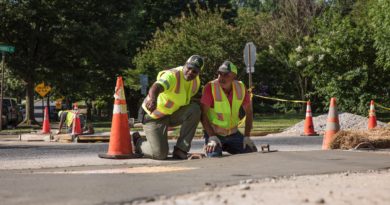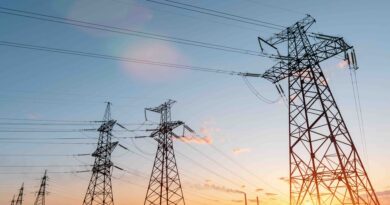EPA Meets with Water Systems During Water Week
At this year’s Water Week, the EPA spotlighted its powerful WIFIA loan program, which is fast-tracking critical water infrastructure projects nationwide with affordable, flexible financing. From boosting drinking water capacity in Oregon to tackling sewer overflows in Rhode Island, leaders shared how WIFIA is helping communities modernize aging systems, protect public health, and create lasting economic impact.
According to the EPA, by streamlining the funding process, water systems can accelerate infrastructure projects to benefit communities. The WIFIA program offers interest rate resets, sculpted repayments, and fast disbursements, benefits not traditionally offered with other financing sources. For example, borrowers may defer repayment for up to five years after construction is complete and then customize their repayment schedule through the 35-year loan term. This flexibility provides borrowers with immediate funding to implement projects, while helping to keep rates more affordable.
At this week’s roundtable, EPA included seven existing WIFIA borrowers.
The Narragansett Bay Commission in Narragansett, Rhode Island, and the Toho Water Authority in Kissimmee, Florida, have used multiple WIFIA loans for relatively large-scale projects in their communities. With WIFIA loans, the Narragansett Bay Commission is upgrading its wastewater infrastructure to address combined sewer overflows, protect water quality, and increase system reliability. The Toho Water Authority received WIFIA loans to rehabilitate and replace sewer mains and manholes, as well as incorporate new potable and non-potable water supply sources to offset groundwater demand.
Other roundtable participants included East County Advanced Water Purification Joint Powers Authority in California, which is using a WIFIA loan to help fund a water reuse project that will meet up to 30% of East San Diego County’s drinking water demand. The Tualatin Valley Water District and the City of Hillsboro in Oregon are working together to increase drinking water capacity and enhance water system reliability in case of an earthquake. The Metropolitan Sewer District in Jefferson County, Kentucky, is upgrading its water quality treatment center to process wastewater and generate Class A biosolids for productive reuse. In Johnson County, Kansas, they are using a WIFIA loan to rebuild aging infrastructure to meet future water quality requirements. And in Springfield, Massachusetts, a WIFIA loan is helping to accelerate dozens of water infrastructure projects and ensure reliable drinking water and wastewater to customers.




